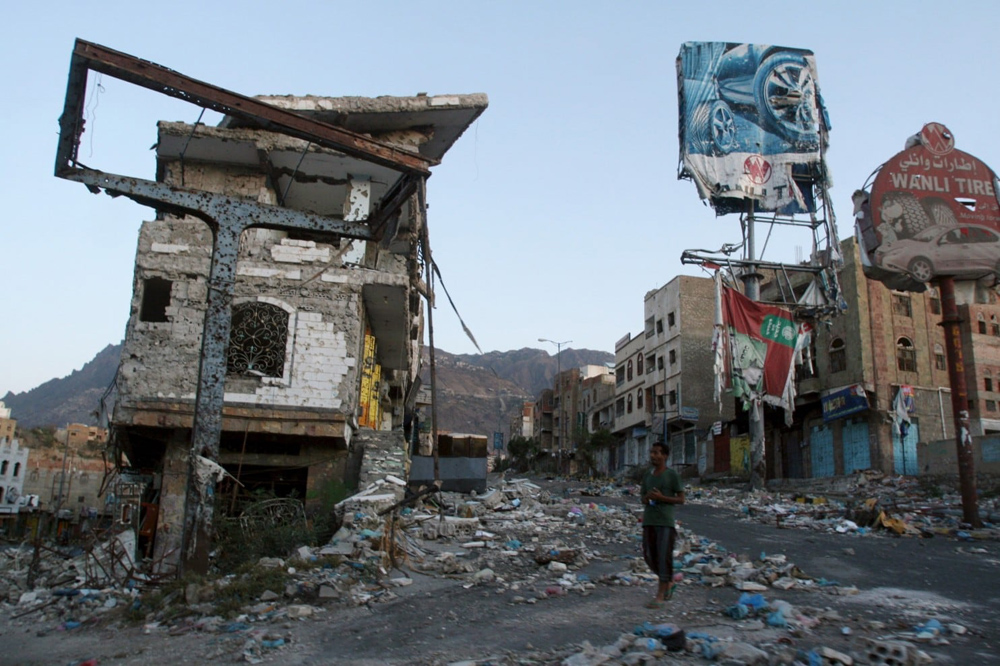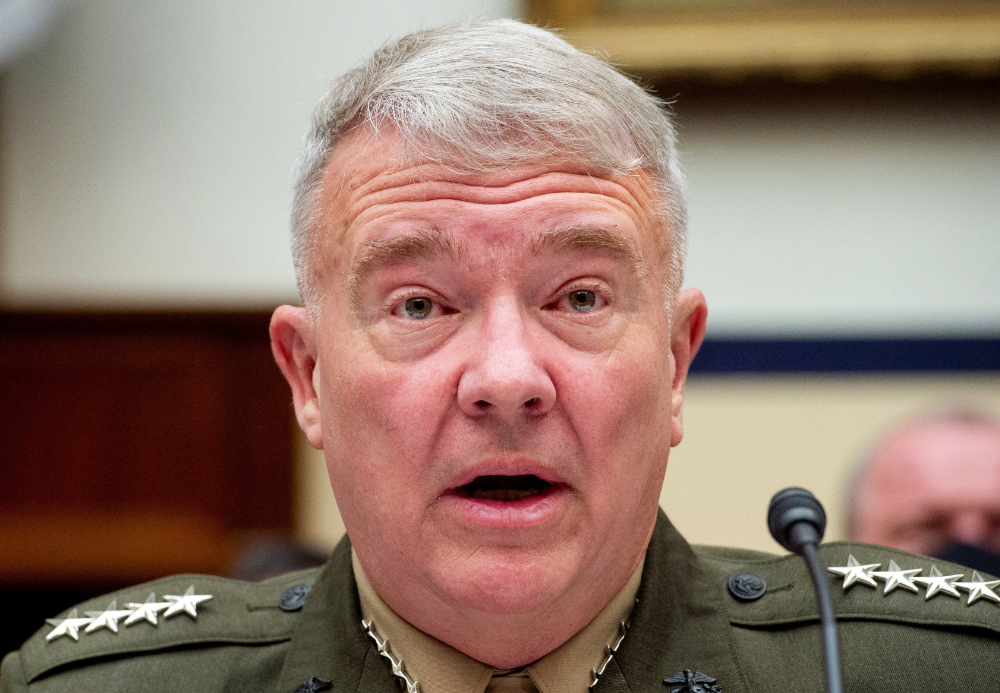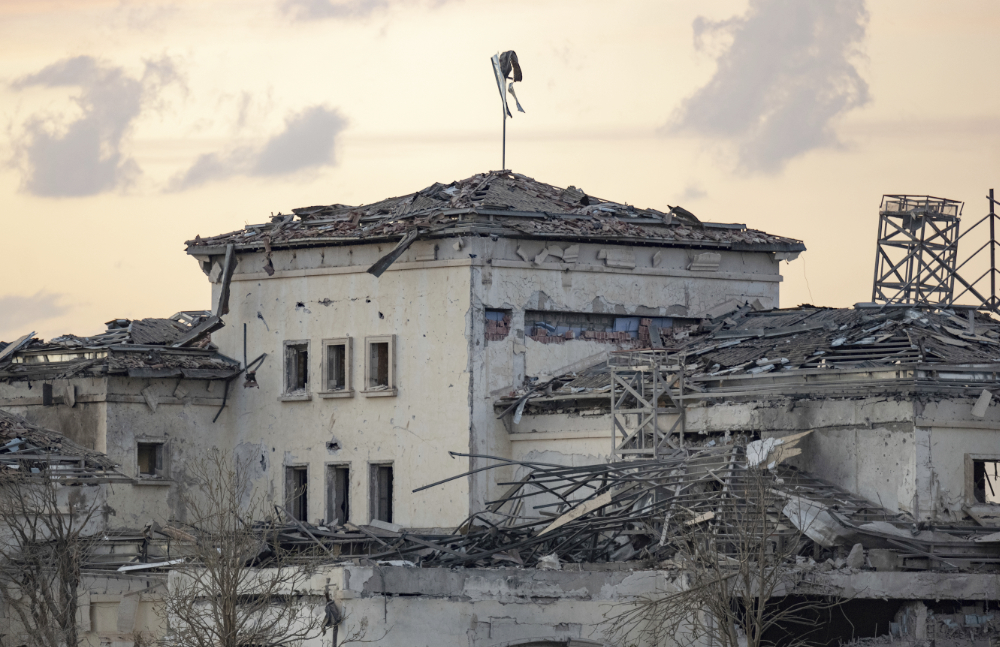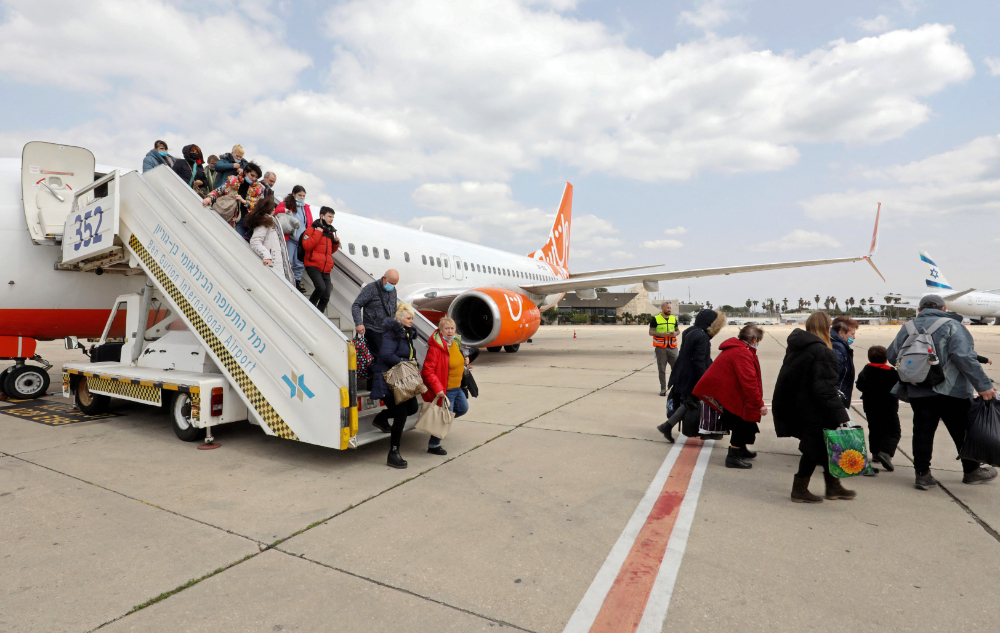Houthis under fire for ruining peace efforts to end war
AL-MUKALLA: The Iran-backed Houthis have been strongly criticized for striking civilian facilities in Saudi Arabia and intensifying military operations in Yemen as the UN special envoy for Yemen proposed a humanitarian truce during the holy month of Ramadan.
Yemen’s government officials, human rights activists, journalists and the public have slammed the Houthis for torpedoing the current peace efforts by the UN and Gulf Cooperation Council to reach a peaceful settlement to end the war.
Last week, the Gulf bloc invited warring factions in Yemen, including the Houthis, for peace talks under its aegis in Riyadh, a step that revived hopes of finding an end to the country’s aggravating humanitarian crisis.
The Houthis quickly turned down the offer, launching deadly cross-border strikes on Saudi Arabia and escalating attacks on government-controlled areas in Yemen.
Yemen’s Foreign Ministry criticized the Houthis’ “aggressive and terrorist behavior” and their continuing resistance to all efforts to stop hostilities in Yemen, calling the latest attacks as the militia’s “response” to the GCC offer.
“[The ministry] renews the firm and supportive position of the Republic of Yemen for the sisterly Kingdom of Saudi Arabia and its solidarity in all measures it takes to confront these cowardly terrorist acts, preserve the safety of its citizens and residents and protect its vital facilities,” the Foreign Ministry said in a statement carried by the official news agency SABA.
Other Yemenis argued that the escalating military operations and the cross-border attacks show that the militia is not serious about peace and is determined to thwart initiatives to end the war.
Hamdan Al-Alaly said that the Houthis refused to take part in the coming conference since they would have to face the Yemeni forces that opposed their project.
“They will find themselves small and despicable in front of all the Yemeni components that reject them,” Al-Alaly said, adding that the Houthis demanded direct talks with Saudi Arabia so as to legitimize their military takeover of power.
“They are looking for regional countries’ recognition of their rule by asking for talks with the coalition, not with the Yemenis.”
Yemen’s Minister of State Gen. Abdul Ghani Jamil said that the Houthis would do everything at their disposal to foil the peace talks in Riyadh since those talks would bring together Yemenis against their oppressive rule.
“I think the message of the Houthis tonight is crystal clear. They do not want an invitation that seeks to unify the ranks [of their opponents] under the umbrella of the older sister, Saudi Arabia,” Jamil said.
Meanwhile, on the ground, fighting between the Houthis and the government flared in flashpoint sites outside the central city of Marib as the Houthis push to break months of military stalemate.
A local military official told Arab News on Sunday that the Houthis amassed huge military forces and intensified their drone and missile strikes on government-controlled areas outside the city.
“We shot down two explosives-rigged drones. They also fired a ballistic missile at a camp for displaced people in Marib city. The Houthis are preparing for a major assault,” said the official, who requested anonymity, adding that army troops and allied tribal fighters pushed back the latest Houthi attacks as the coalition’s warplanes hit the militia’s locations and military equipment.
Fighting outside Marib and in the city of Taiz has escalated since the beginning of the year as the UN Special Envoy for Yemen Hans Grundberg engaged in extensive direct talks with Yemeni parties aimed at finding a breakthrough that could end the war.
On Sunday, Grundberg said that he discussed with the Houthi chief negotiator Mohammed Abdul Salam and Omani officials in Muscat arranging for a humanitarian truce during the holy month of Ramadan, which begins early next month.

Fighting rages outside Yemen’s Marib as UN envoy meets leadersFighting erupts in Taiz as Yemeni troops target Houthi positions



